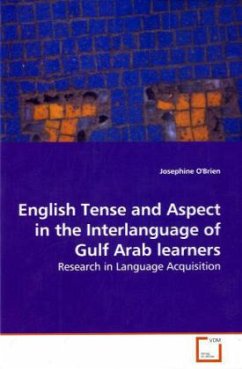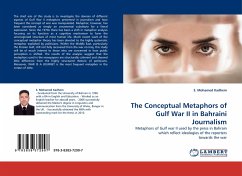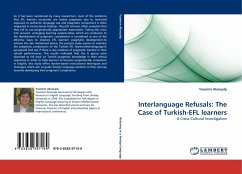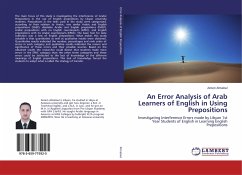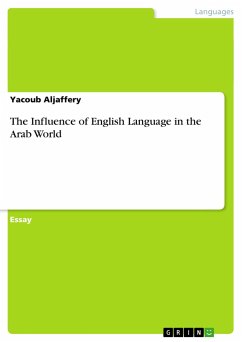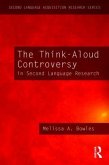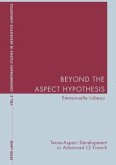Expression of temporality in English through the use of finite verbs is challenging for L1 Arabic learners of English. Non-target language forms have been recorded in the interlanguage of Arabic speaking Emirati students in a third level college system in the UAE. Analysis of the errors suggests that there may be systematicity in these non-TL forms. Two factors are considered in the study as possible influences on the learners' choices of verb forms. The first considers verb type, looking at how the lexical aspect of verb types affects verb form. The second factor considers the possibility of transfer from the Arabic tense/ aspect system and examines how the function of morphological forms in Arabic may affect choice of form in English. Results indicate the relevance of certain features of both factors and highlight the importance of taking dimensions other than form into consideration when considering verb use in learners' interlanguage.

